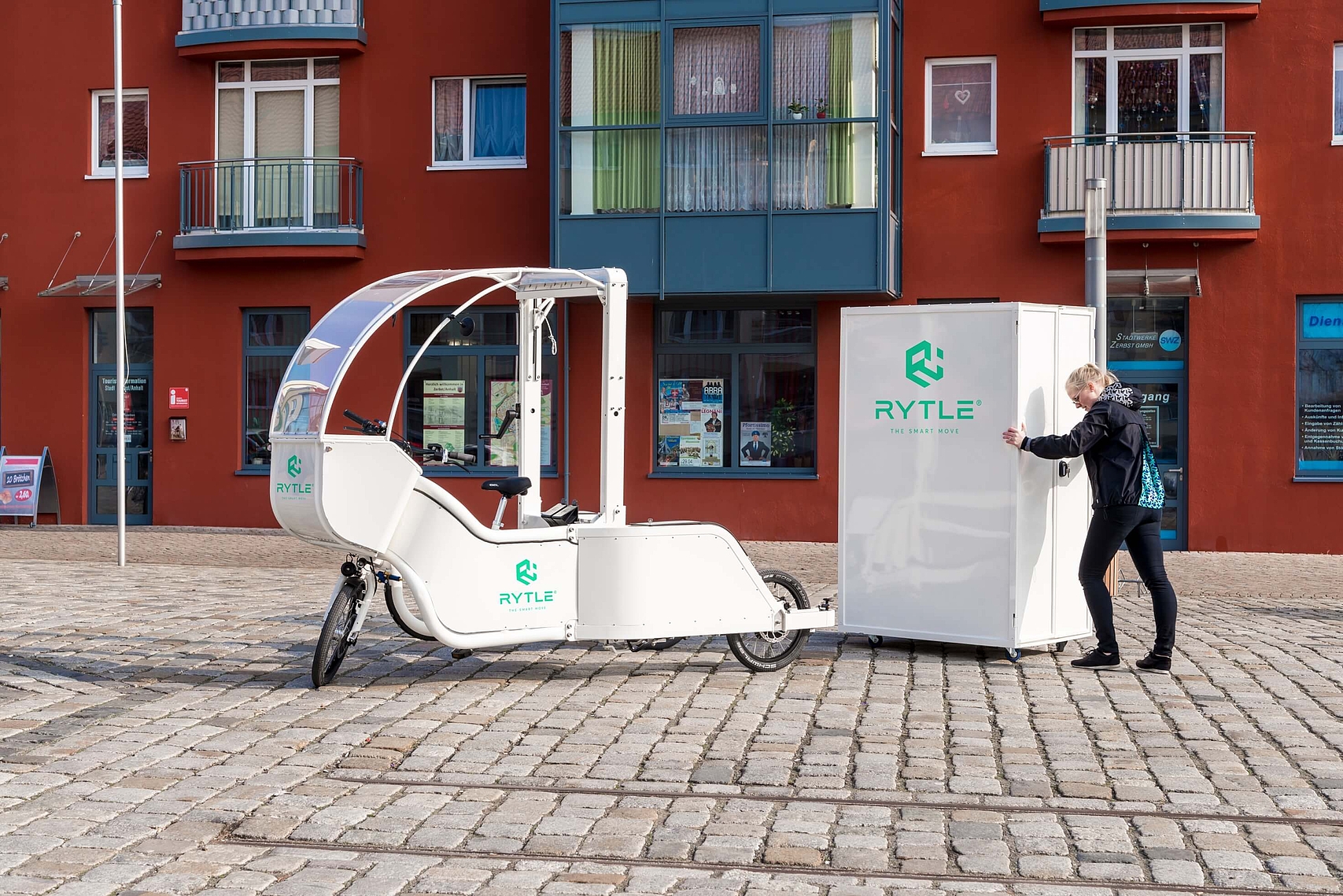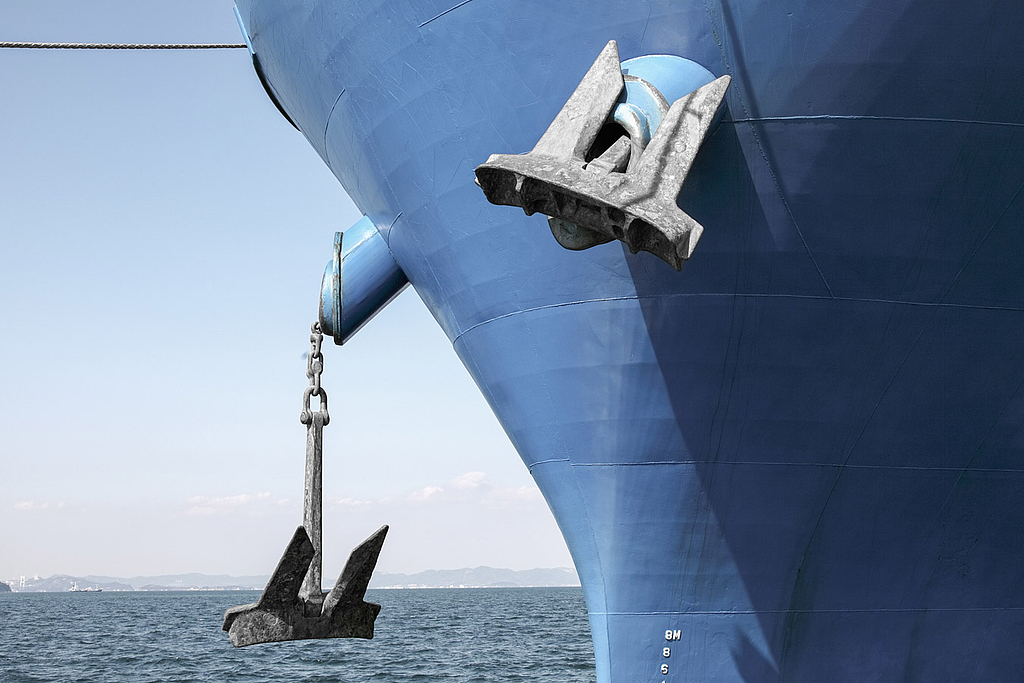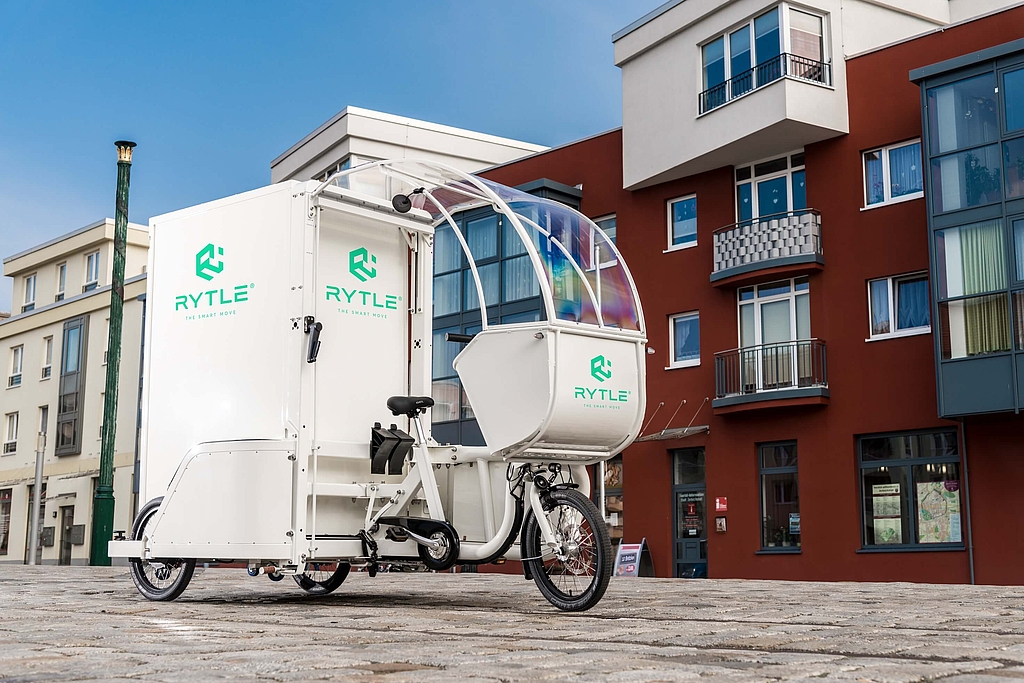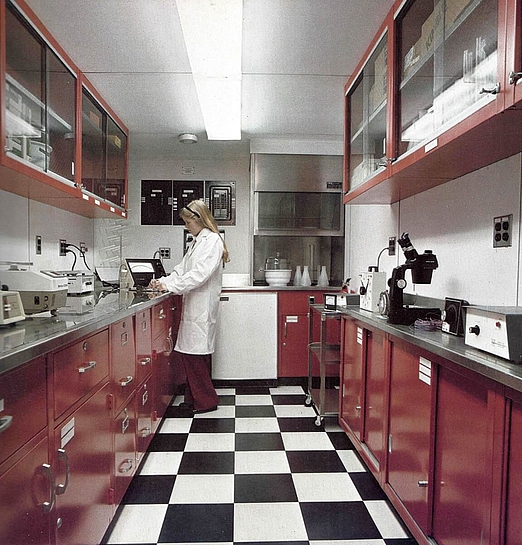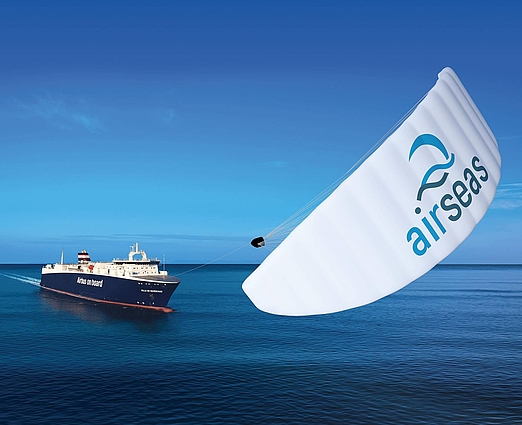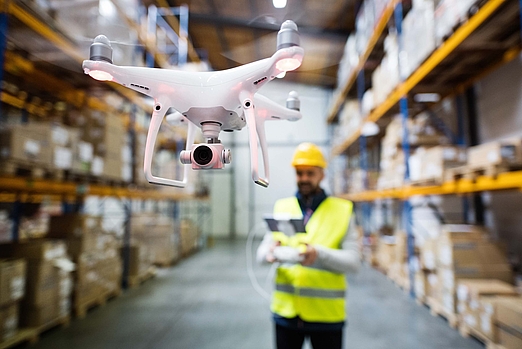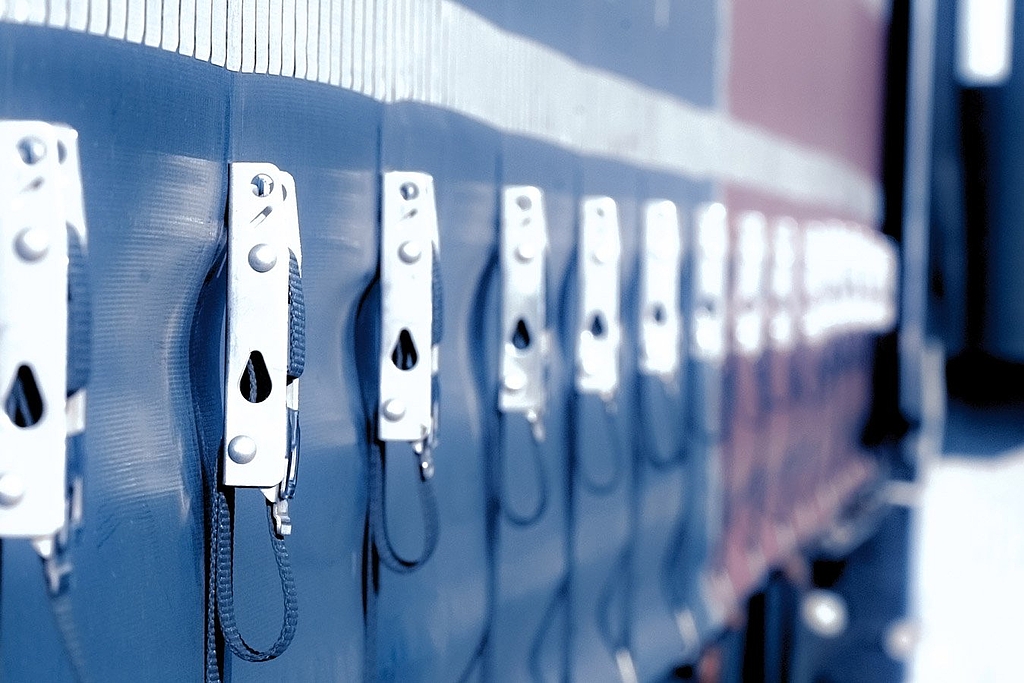Interview with Ingo Lübs, Managing Director of Rytle
Rolling change on that last mile
- Facts
Revolutionizing delivery logistics in urban areas – that is the vision behind the Bremen-based start-up Rytle. To that end, the company created a holistic concept centered around the electric cargo bike for transporting a variety of types of goods over the “last mile” – and with nearly zero emissions at that. Particularly impressive: the Rytle “MovR” can handle small packages, but also entire palettes, including those for temperature-controlled cargo. We spoke with Ingo Lübs, Managing Director of Rytle, about the challenges and successes when it comes to conquering the last mile.
